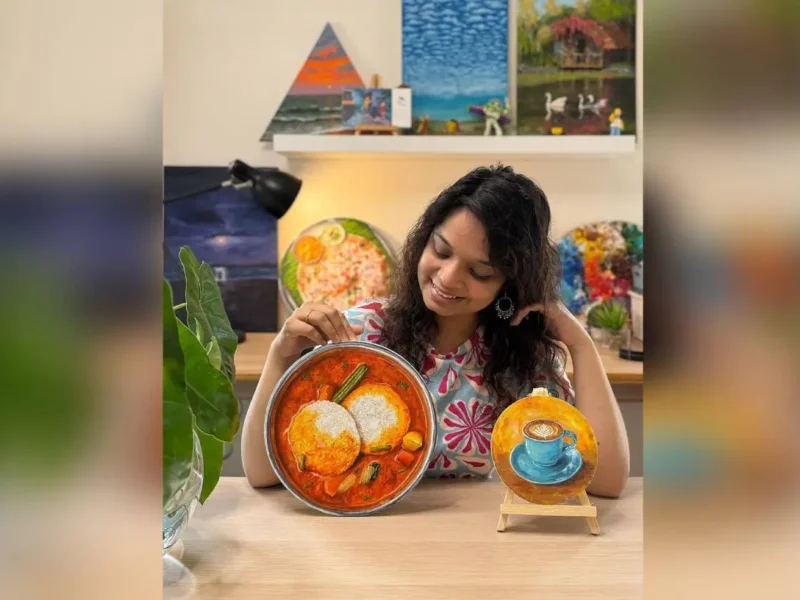
What Makes A Perfect Bottle Of Wine?
MUMBAI – In the world of fine dining and opulent experiences, the selection of wine is an art. Perfect wine is a subjective concept because it has so much to do with preference.
The perfect bottle of wine often holds a story, a memory, or a connection that makes it worth it. It can be a bottle shared with a loved one on a special occasion or a souvenir from a memorable trip.
As we immerse ourselves in the search for the perfect wine, we embark on a fascinating journey through seasonal terroir, nuances of the theory the importance of the underlying craftsmanship, and personal preference.
The geography, climate, and soil where the grapes are grown play a pivotal role in defining the wine’s character.
The perfect wine bottle encapsulates the essence of its terroir, providing a tangible connection to place and time. For example, Bordeaux in France will be very different from Shiraz in Australia because of the unique soils in these regions.
Different grape varieties give the wine its unique taste, aroma, and character. Cabernet Sauvignon, Pinot Noir, Chardonnay, and countless others each have their admirers. The perfect wine usually depends on the interest of a particular grape.
Additionally, the ageing method can give the wine complexity and depth. While some wines are intended to be enjoyed when young, others, such as a good Bordeaux or an aged Port, acquire a heightened richness and elegance over time, revealing new layers of flavor, aroma, and texture. Craftsmanship is another important factor.
The careful attention to detail from vineyard to cellar is like an artist creating a masterpiece. Techniques such as barrel ageing, malolactic fermentation, and blending can turn grapes into masterpieces. The perfect wine bottle reflects the dedication and skill of its artisans. The perfect bottle of wine should complement the meal. Wine pairings with your food enhance the overall dining experience. A crisp Sauvigno Blanc, for example, can be a great match for seafood, while a bold Cabernet Sauvignon can shine alongside juicy meats.
Wine flavors are unique, but that doesn’t mean the flavors you enjoy in other drinks and food don’t influence what you’ll consider a good wine. On the contrary, your other taste preferences can be a great identifier of which wine you will enjoy. For example, if you have a sweet tooth, chances are you will enjoy a sweeter wine. If you thrive on the sharpness of bitter black coffee, a more acidic wine may be perfect for you. It can be that simple.
A few indicators one should keep in mind that can help you in picking the perfect bottle of wine –
Complexity: Higher quality wines are more complex in their flavor profile. They often have numerous layers that release flavors over time. Lower-quality wines lack this complexity, having just one or two main notes that may or may not linger.
Typicity: Another indicator of wine quality comes from typicity, or how much the wine looks and tastes the way it should. Are you searching for a crowd-pleaser? If you want to satisfy your friends or family, and pairing with food isn’t your primary objective, consider picking up a bottle of white and a bottle of red. Since wine preferences are so subjective, having one of each will cover plenty of palates. You can also opt for wines that fall closer to the middle of the spectrum on sweetness, acidity, and body. More balanced or moderate flavors are likely to appeal to more of your guests.
Expressive aromatics: Aromatic qualities are an essential part of wine appreciation. A perfect bottle of wine will have a captivating bouquet that invites you to explore the wine’s nuances.
It’s important to note that perfection in wine is a matter of personal taste, and what is perfect for one person may not be the same for another. Wine appreciation is subjective, and individual preferences play a significant role in determining what makes a bottle of wine perfect for a particular occasion or palate. (IANS)




